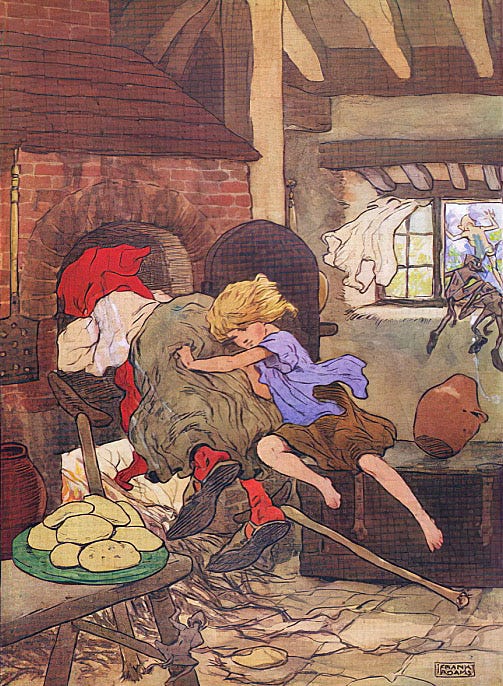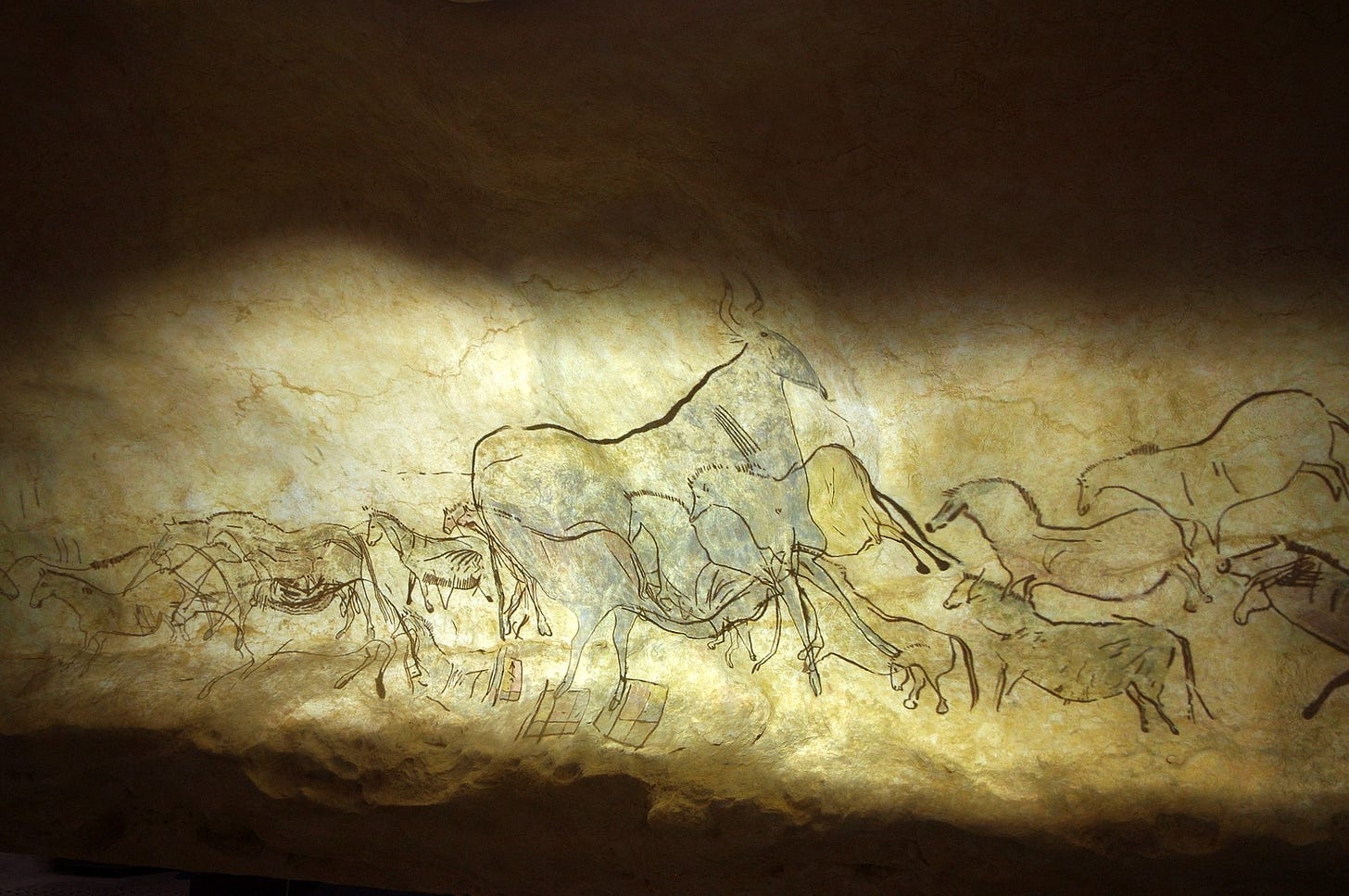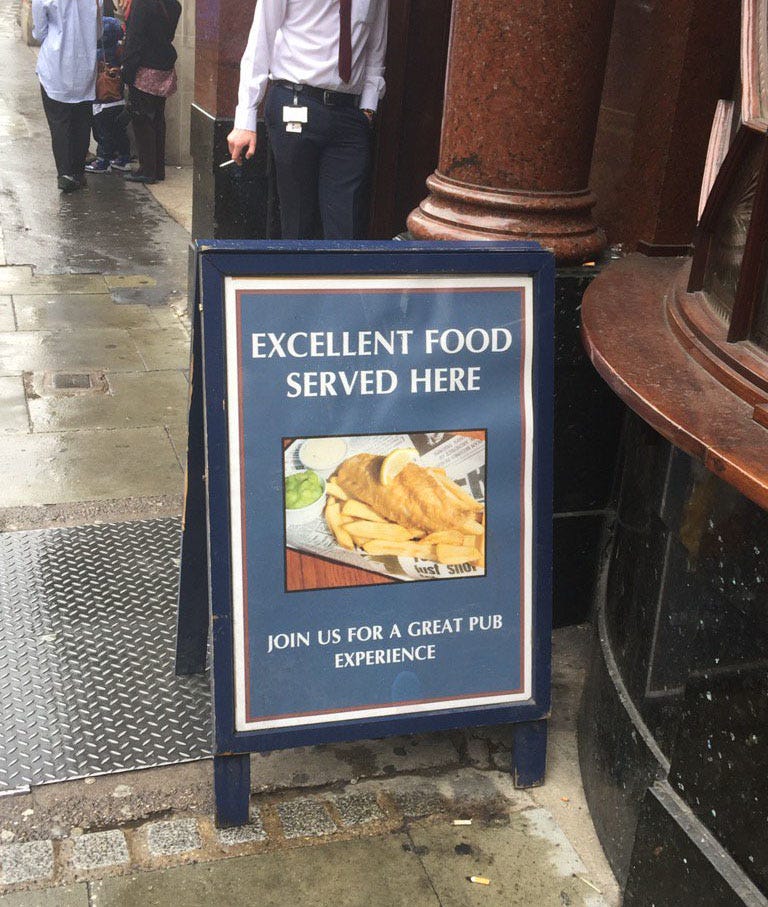Breadcrumbs
thinly separated thoughts
i
One belief I have is that if you wish to be virtuous you will learn to eat cereal virtuously.
The novice of virtue is tempted by dreams of heroic acts, just as the novice sculptor daydreams of palatial monuments, or other grand work. But the master sculptor is extraordinary not because he has been commissioned for monumental bronzes (which may never happen), but because he labors over every small detail.
Virtue should not be thought of as a handmaid of heroism, but instead as an undercurrent of everything one does. Day-to-day matters are more important than theoretical great acts, and failure to give them proper attention is its own cowardice. Let every small thing you do be as careful and good as it can. The virtuous person should live so well that they leave breadcrumbs of virtue everywhere.
ii
Life at times is filled by a series of casual hobbies, but this does not mean life itself is casual. One could always be looking for ways to take it more seriously.
iii
A while ago I wrote some advice for new software developers. It’s worth thinking about how it applies generally. The advice was:
1. Write what you're learning.
2. Have at least a tiny website that shows something neat.
3. Do things publicly. Have Twitter, Github, etc. Comment publicly, ideally with your real name. This forces you to be nicer, too.
4. Help other people.
These are all breadcrumbs. If you are going to work and learn (and live), it is beneficial to think about how you can leave a trail.
One aspect of life, somewhat neglected in the digital age, is the desire to see and be seen. We should not only desire that others find us, we need them to.
We need jobs, relationships, friends, and all other kinds of connections. Though it sometimes feels that these connections are assigned at random, it is never true, they are always the product of someone’s efforts. Trivially, hiding in a basement yields zero connections. Even going to the store is more fruitful. As I mentioned a few years ago, the cost of going to a cafe every single day is cheap, if it means you find your wife. Or put another way, the act of only drinking coffee at home can save some money, but can come at a non-financial cost.
You want others to find you. And when they do, you want to be able to give them something.
In the digital age, writing and photography have made this a little easier. Often a person doesn’t have to discover you at the time of creation, but at some point in the future. This is part of why I write — the interesting people I have found I did not first meet in person, but found their breadcrumbs online: blogs, projects, videos, stories, photo reels, some of them produced years before I found them. People understand the idea of a famous author’s or director’s body of work, but there is no reason this concept can’t apply to everyone in some small way. I think it does.
iiii
If you spend a lot of time online or making things, it’s good to find a way to leave these breadcrumbs. The trail of your digital self should be interesting. If you use social media, you should ensure it makes your goals, desires, projects — if not clear, at least worth stumbling upon.
“Write what you’re learning” is good advice for software developers and probably a lot of other people. If you have any hobbies where you’re learning something new, it might be good to show what you’re learning too. Think about how you can see and be seen.
Why does this matter? "Working in public" gets a lot of people jobs, and living in public gets people into relationships of all kinds. Some people, who may greatly desire more relationships, end up using social media to do nothing but whine and repeat tired political stuff. The creation of breadcrumbs is a escape route from that end.

The use of social media to share — what you are learning, what you are doing, what you have done — is a simple way to see and be seen. But it is also a way to use it virtuously. Let nothing you do be done carelessly.
iiiii
Lately among silicon-valley types there’s been interest in the idea of a “date-me doc”, a small document or webpage that is part biography and part solicitation.
I think this itself isn’t a bad thing, though it might suggest failures upstream. First, it tempts self-assessment, which often ends badly.
And conceptually, such a doc feels like it is casting a wider net, but I think it presents a very thin slice of a person in a span of time too short to digest the information meaningfully. It makes sense that people are vaguely off-put by that, it is an unusual way to present oneself. It is not a good summary of life.
The date-me doc is a desire to be found, which is not too different from dating apps (just a different audience).1 But the failure upstream is that you should build something else to be found by other than these date-specific media. I think that the best dates generally don’t come come from trying to date, but trying to exist publicly, and being found. The breadcrumbs of social media used well are more organic, presenting a larger and longer picture of a person.
So if you want to leverage social media for dating or just finding people (and I think you should) you should be thinking how you can share more of what you are like, what you love, what you want, to a wider audience. These are more important than a compact self-summary.
If you have art, or writing, or projects of any kind, you should have a small website or instagram or some other way that people can find you. Or so people who have found you can learn more (see more, “stalk”) at their leisure. And because social media affords repeated, small interactions, the digital unplanned bumping into each-other, you afford yourself something more durable than the somewhat vicious PASS/FAIL style of dating that people have come to accept.
iiiiii
So, leave breadcrumbs. Take the act seriously. What I’ve said above can’t be the only way, or the only purposes. They are just what’s come to mind right now.
(After all, how did you find me?)
With all my heart,
s s
~ ~ ~
The Hansel and Gretel illustration is from Frank Adams, 1925. Please ignore the inconvenient fact that, in the tale of Hansel and Gretel, birds eat up all of the breadcrumbs, rendering them useless. Social media is actually the magical white duck.
Both date-me docs and dating apps are also off-putting because they make any prospective reader feel like they are part of a pool, the audience knows they are one of many looking, and that feels odd. It feels much more sincere to stumble upon someone’s social media made for everyone, and (maybe!) fall in love with that.




I believe this taking of life seriously in the healthiest expression is what was once religion. That those of us on the North American continent have the most freedom of religion ever and few seem to explore it continues to baffle me. I met my wife in the church. I have hindu friends and jewish friends that once they took their religion seriously found not only a partner at temple but a community that elevated them and allowed them to elevate others.
Leaving virtuous bread crumbs everywhere does sound a bit like asynchronous communion, which as communion is sacred it is perhaps both asynchronous and synchronized simultaneously. Perhaps all the acts of the apostles and little things written throughout history are apart of the sacred the communion that sustains us today. True love after all is mystery.
Thank you for this piece. I know I'll be contemplating it for days to come.
Abundant Blessings.
With this piece of writing, you finally compelled me into paying for your thoughts. I’ve enjoyed your work for a long time.